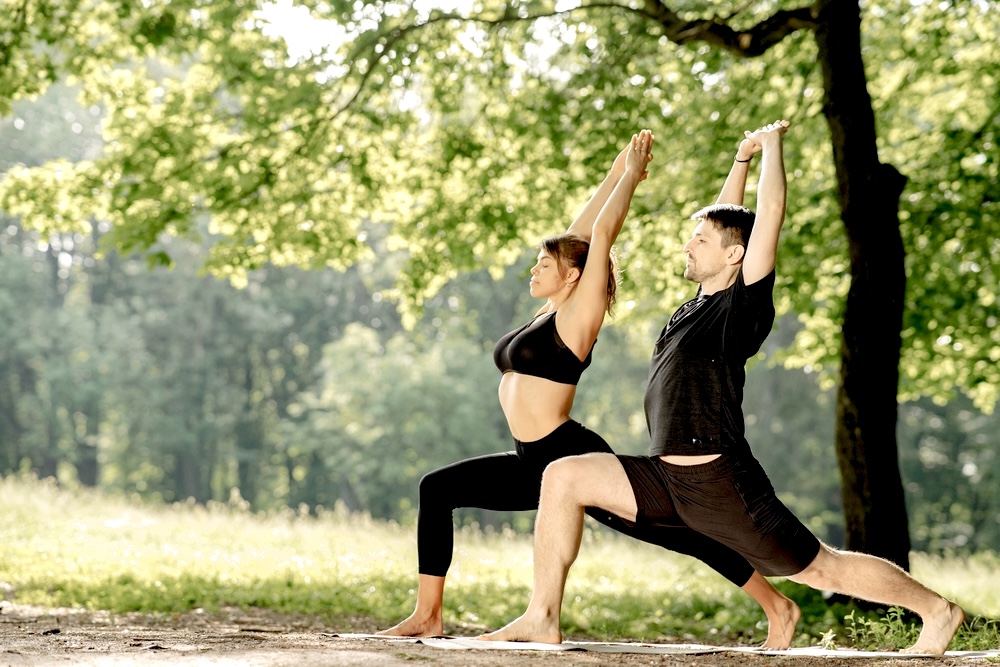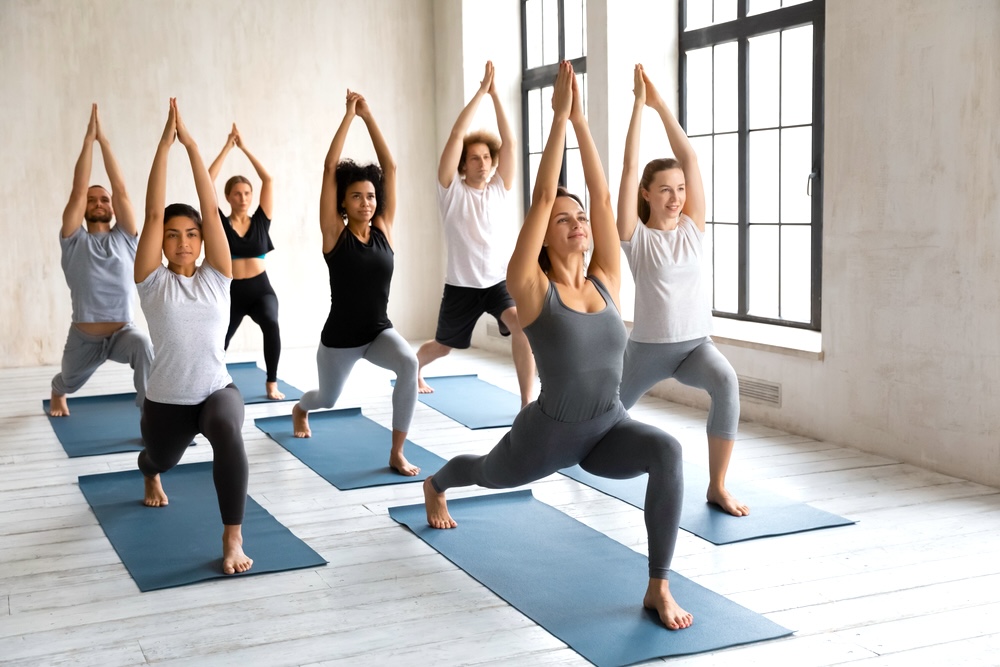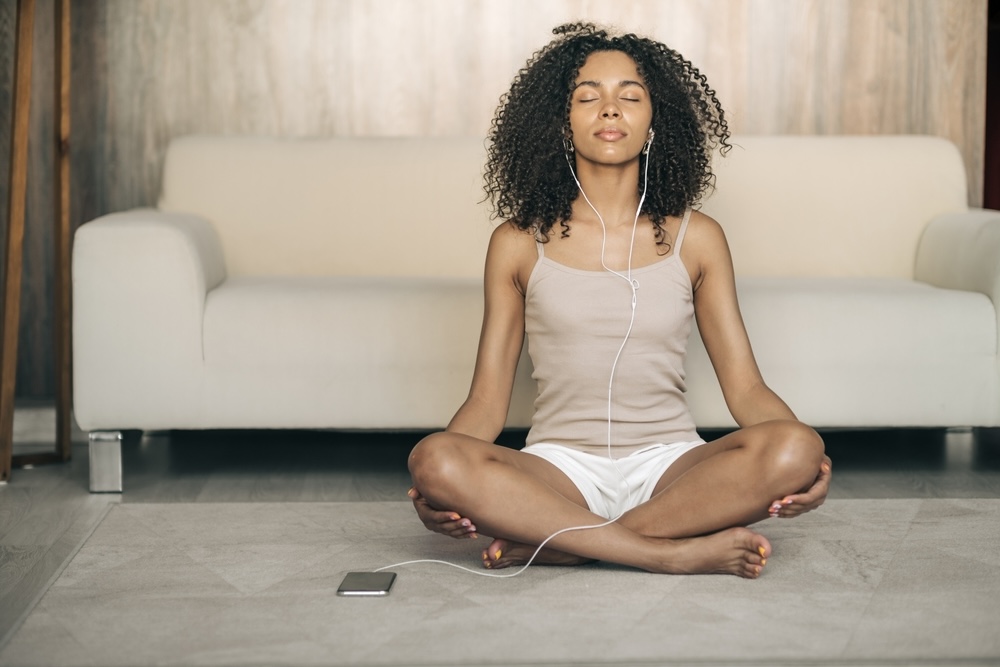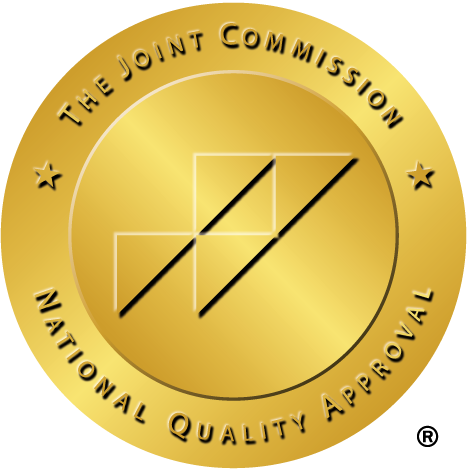
The path to addiction recovery is a deeply personal and often a challenging one. For many, it’s a journey to reclaim control of their lives and reconnect with what’s important, be it family, career, or the shared human experience.
Traditionally, the recovery process has heavily emphasized professional medical treatment and cognitive behavioral therapy (CBT). Yet, there’s a rising recognition for complementary and holistic treatment programs that treat substance use disorders as a mind-body-spirit condition.
Yoga, with its ancient roots in promoting harmony within oneself and connecting to a higher power, has emerged as a powerful tool in the fight against addiction.
In this blog post, we will explore how yoga can complement traditional treatment methods and offer individuals in recovery a holistic approach to healing and self-discovery.
Yoga as a complementary therapy for addiction
Before we explore how yoga can help, we must understand what it’s up against. Addiction is a complex disease characterized by compulsive drug or alcohol use that disrupts critical brain functions. It’s further complicated by the behaviors and thought patterns it creates, which often require intensive therapy.
Yoga, a discipline that aligns the body, mind, and spirit through physical postures, breath control, and meditation, offers many benefits to those combating addiction. This includes reducing stress and anxiety, which is often a major trigger for addictive behavior.
Integrating yoga into addiction recovery helps ease symptoms and causes of addiction. It promotes mental clarity and emotional strength, offering a clear path away from substance abuse.
Physical Benefits of Yoga in Recovery
The practice of yoga is often associated with increased flexibility and strength, but its physical benefits go even further.
In addition to enhancing your physical capabilities, regular yoga practice can help regulate blood pressure, improve posture, promote better sleep patterns, and reduce the chronic pain that often leads individuals to self-medicate with substances.
This physical nurturing is essential in recovery, as a strong and flexible body can better withstand the mental and emotional battles against addiction, providing a holistic approach to healing and well-being.
Mental and Emotional Healing
One of the most profound aspects of yoga is its effect on the practitioners’ mental state. Through regular practice, individuals in recovery can experience a reduction in depression. It can lead to an increase in positive emotional states, and a greater ability to endure mental distress without turning to addictive substances.
This form of mental and emotional healing is critical in the struggle against addiction, as it provides individuals with the tools and resilience to cope with triggers and cravings.
Yoga also emphasizes mindfulness and self-awareness. It encourages individuals to be present in the moment, rather than dwelling on past mistakes or worrying about the future. This can be especially beneficial for those in recovery, as it helps them focus on the present moment and make conscious, healthy decisions.
Furthermore, yoga can provide a sense of community and support for individuals in recovery. By participating in group classes or workshops, individuals can connect with others who are also seeking to heal and improve their overall well-being. This sense of belonging and camaraderie can be crucial in overcoming feelings of isolation and building a strong support system

Practical Implementation of Yoga in Treatment
Integrating yoga into addiction treatment can take various forms, from offering yoga classes within residential facilities to incorporating it into individual therapy sessions.
Different forms of yoga, such as Hatha, Restorative, or Vinyasa, can be chosen based on the individuals’ personal needs and levels of comfort. The goal is to create a safe space for self-exploration and introspective experiences that align with the goals of treatment.
How do you know which type of yoga is right for addiction recovery? Here’s a quick guide:
- Hatha Yoga: This style is well-known for its gentle approach, making it an ideal choice for beginners looking to ease into basic yoga postures and practices. It focuses on proper alignment and breathing techniques to lay a strong foundation.
- Vinyasa Yoga: Offering a faster-paced flow, Vinyasa yoga synchronizes movement with breath, creating a dynamic practice that is both invigorating and calming. It is perfect for those wanting a balance of intensity and relaxation in their yoga routine.
- Restorative Yoga: Centered on deep relaxation and rejuvenation, Restorative yoga emphasizes holding restful postures for extended periods to release tension and promote healing within the body. It aims to create a calming and renewing experience for practitioners.
Practicing yoga during recovery can be a solitary or a social activity. Independent practice allows individuals to set their own pace and intentions, while guided sessions, especially by an instructor experienced in addiction recovery, can provide structure and tailored support to the needs of the group.
The ultimate goal is to not only practice yoga on the mat but to live its principles off the mat as well. This integration can involve using breathing techniques to manage cravings, mindfulness to stay present and grounded, and yogic attitudes such as non-judgment and acceptance to foster a positive mindset.
Best substance abuse treatment in Beverly Hills, CA
Yoga undeniably offers a holistic path to addiction recovery. But even if yoga is showing promise as a powerful aid to battle substance abuse, it’s important to note that it should not replace conventional treatment methods such as CBT and medical intervention. Instead, it should be seen as a supplementary tool in a comprehensive recovery plan.
While it may not be the singular answer, yoga is certainly a valuable key in unlocking the doors to a life free from addiction. Whether you’re new to yoga or a seasoned practitioner, yoga can be a guiding light towards mental and physical wellness.
Additionally, it’s crucial to practice yoga under the guidance of professionals who understand the complexities of addiction recovery and know how to adapt the practice to ensure it’s beneficial to healing.
For those seeking a safe space to start their addiction recovery journey, Safe Haven Recovery in Beverly Hills stands out as a pioneer in holistic treatment.
Our integrated approach, which combines conventional therapies with alternative methods such as yoga, ensures a balanced, effective, and tailored support system for every individual’s unique recovery needs.
Safe Haven’s experienced team shares a common goal of providing a nurturing environment where people can heal and grow.









